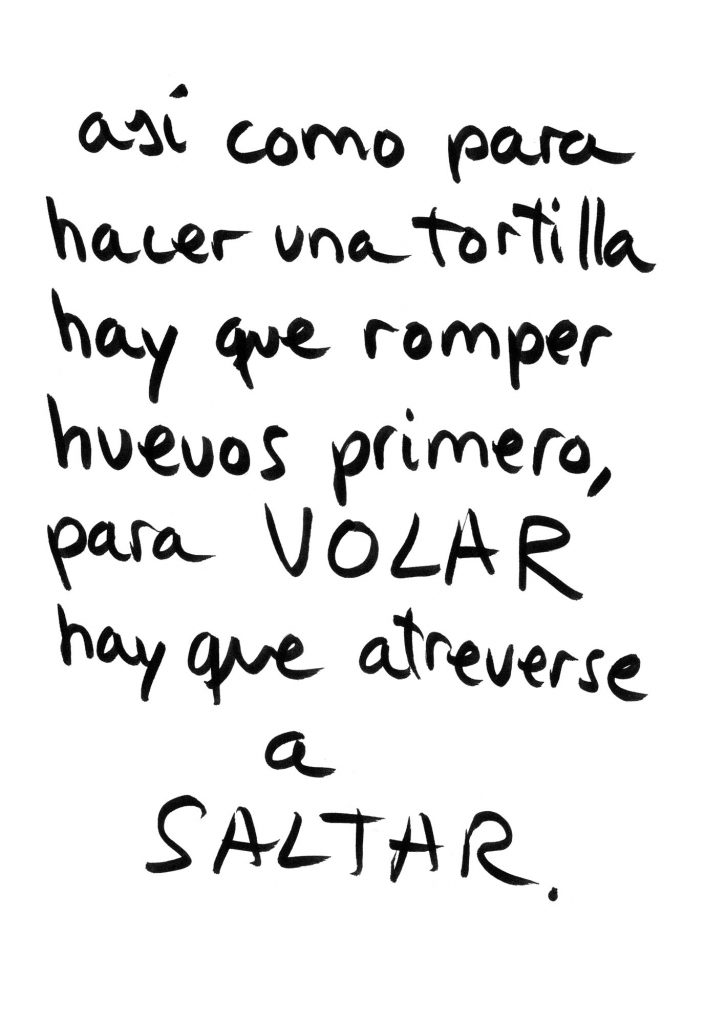The first animal to develop feathers seems to have been archaeopteryx, a curious Jurassic specie whose classification is debated among dinosaurs and modern birds. While the usefulness of these feathers is still being discussed in the paleontological territory of hypotheses, in another link in this evolutionary chain there are interesting creatures, birds with primitive wings which worked to isolate them and regulate their body temperature. As the years went by (many, many years) and a host of other circumstances arose, that which served one purpose came to serve another. What protected and warmed these animals acquired by exaptation a different function from the original one: that of flying.
Although the term exaptation comes from the field of biology, it has been analyzed as a phenomenon in areas such as technology, for example, where it is common to find inventions that end up acquiring different or complementary functions to those for which they were created. The mobile phone: do you remember when it was basically a device for making calls?
We find the concept fascinating and it makes us think about the way in which an aptitude, a tool or a feature is capable of crossing borders. And because of the encouraging prospect it opens up for the future: who knows how many things, whose uses we take for granted today, will have alternatives other than disappearing if, through a process of evolution, innovation and creativity, they manage to play another role. Or if, thanks to new applications or uses proposed by users, they reveal properties that, from the present, we cannot even imagine. If we take a look at the DNA of these twenty years of work, the question turns up: can a restaurant exapt? Could everything built and transfigured in time serve an entity like ours for something complementary to the fact of providing food? In our case, more than answers, we have achieved the will to try, at the risk of crashing. Just as to make an omelette you have to break eggs first, to fly you have to dare to jump. Whatever happens.

